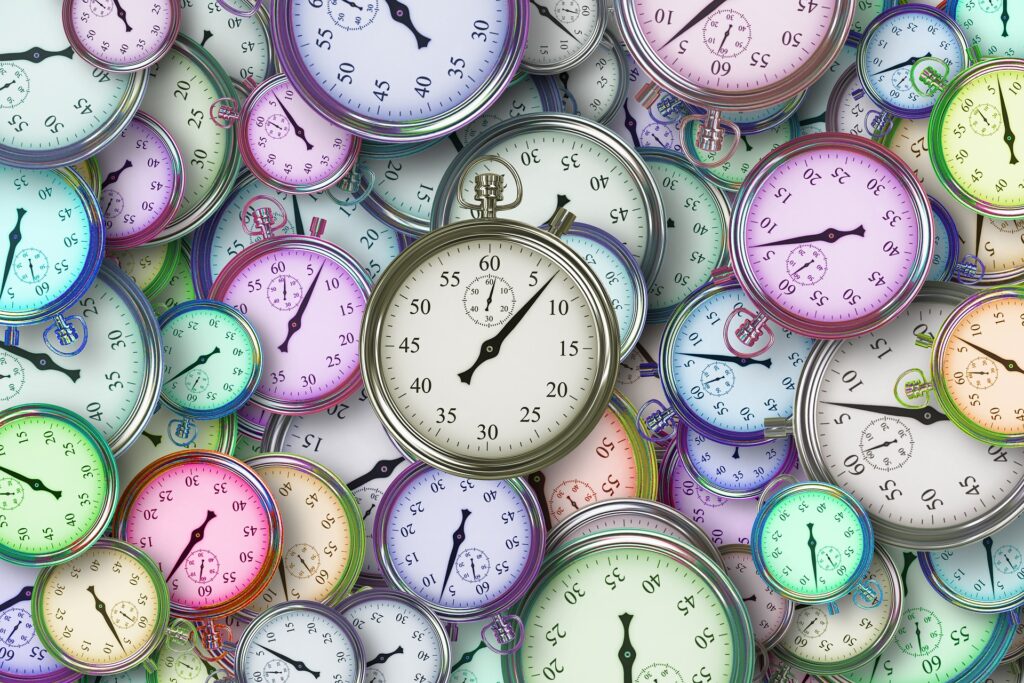Side Effects of Multitasking
Do you multitask … a lot? Multitasking is inevitable for many. However, there are some side effects to multitasking that you may want to consider as you schedule your days.
Multitasking is the act of doing more than one task at the same time. Although it may seem like a useful skill, multitasking can actually have negative effects on productivity and mental health. Some of the side effects of multitasking include:
- Decreased productivity: When you switch between tasks, your brain has to constantly adjust and refocus, which can reduce your efficiency and overall output.
- Increased stress: Multitasking can create a sense of urgency and pressure, leading to increased levels of stress and anxiety. This can affect your joy and how you interact with family, coworkers and friends.
- Reduced creativity: Multitasking can limit your ability to think creatively and come up with innovative solutions to problems. You don’t focus long enough to see all the facets of the problem.
- Higher error rates: Juggling multiple tasks can increase the likelihood of making mistakes or overlooking important details.
- Fatigue: Constantly switching between tasks can be mentally and physically exhausting, leading to fatigue and burnout. It might also make stop enjoying your job and projects and you need that job to influence your creative juices.
- Difficulty concentrating: Multitasking can make it harder to focus on a single task, making it more difficult to complete it effectively.
- Reduced memory retention: Studies have shown that multitasking can reduce your ability to remember details and information. You may even not be able to remember what you wore three days ago!
Overall, while it may seem like multitasking is an efficient use of time, the negative side effects can outweigh any benefits. It’s important to prioritize tasks, focus on one thing at a time, and take breaks when needed to maintain productivity and mental well-being.



